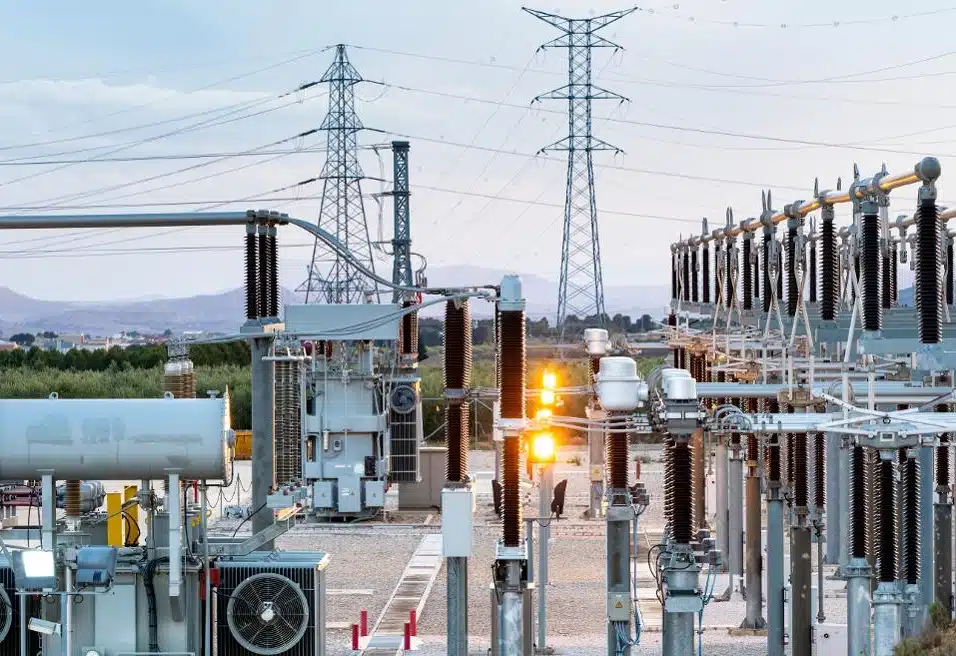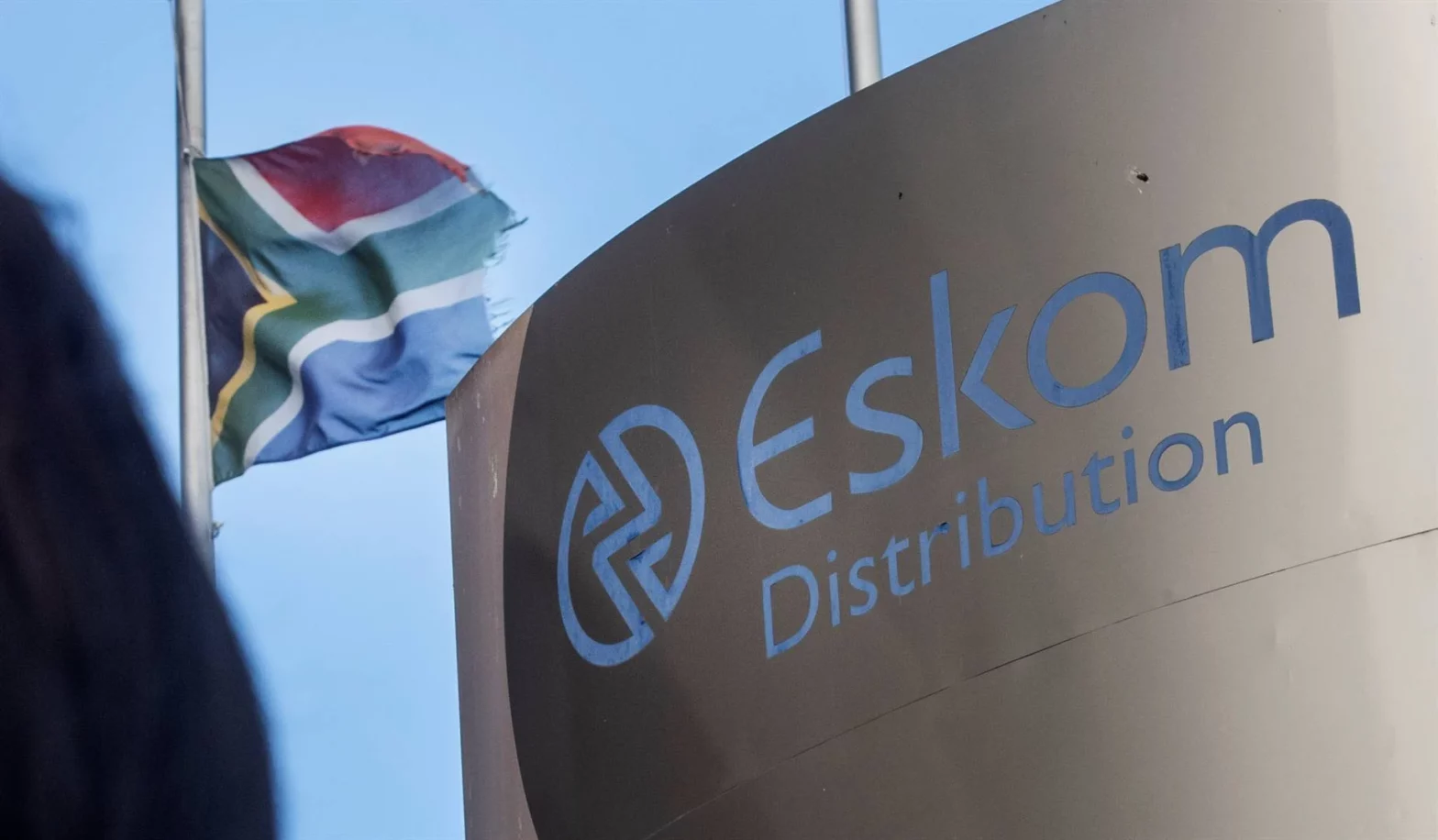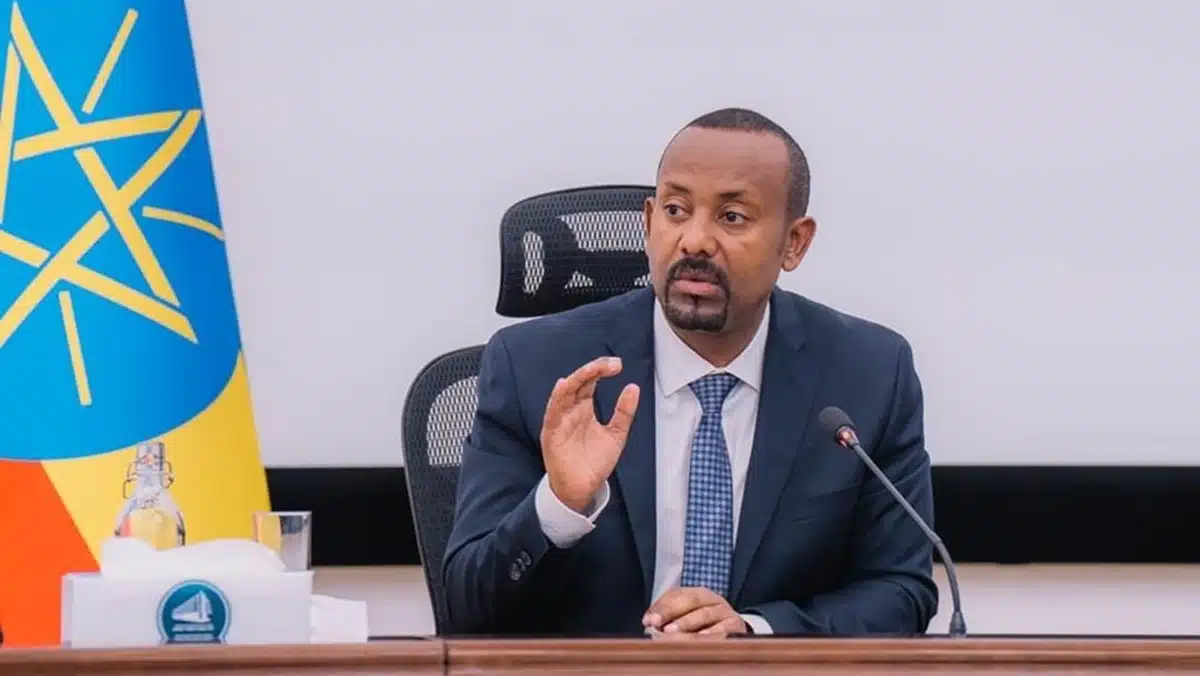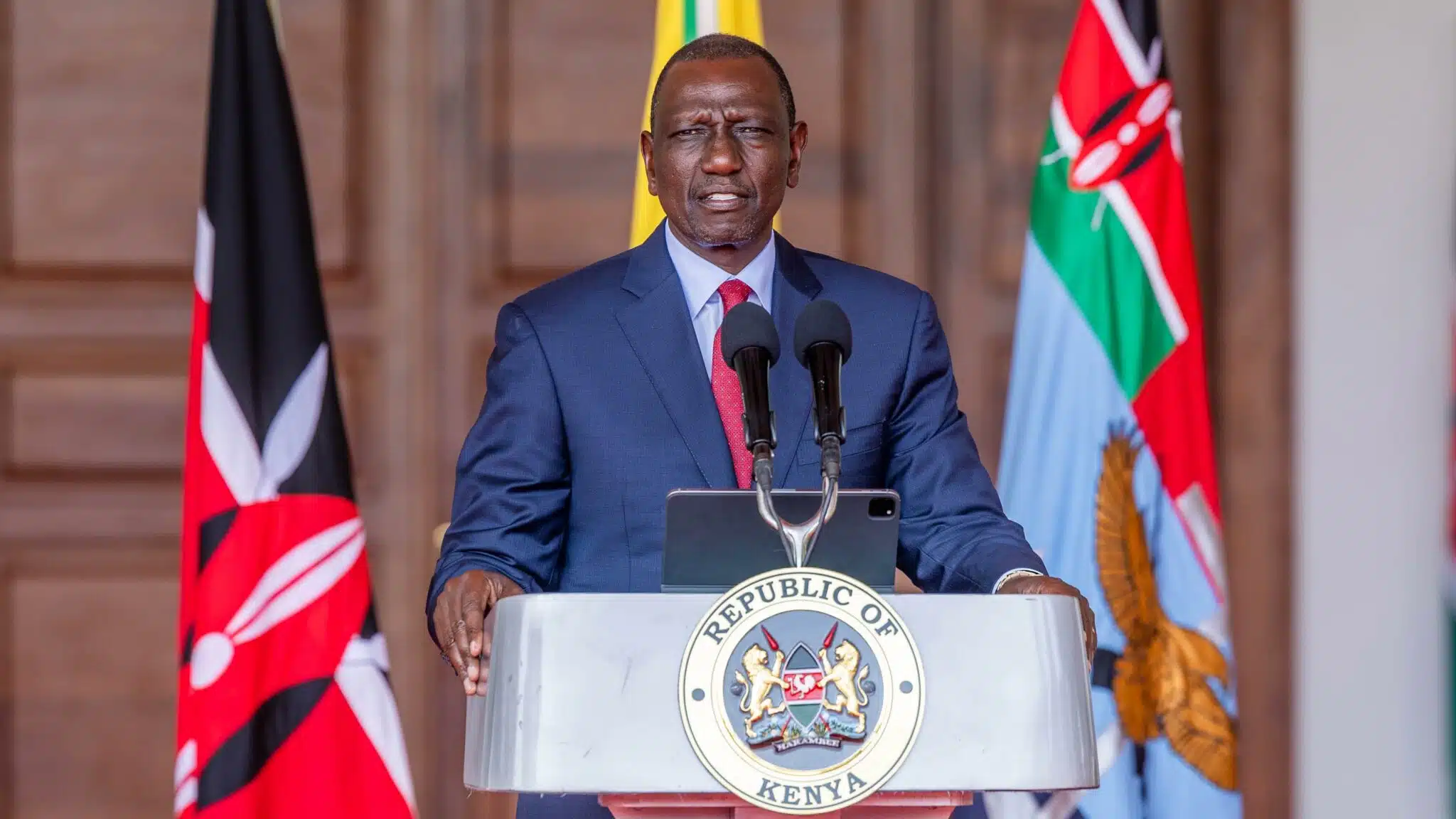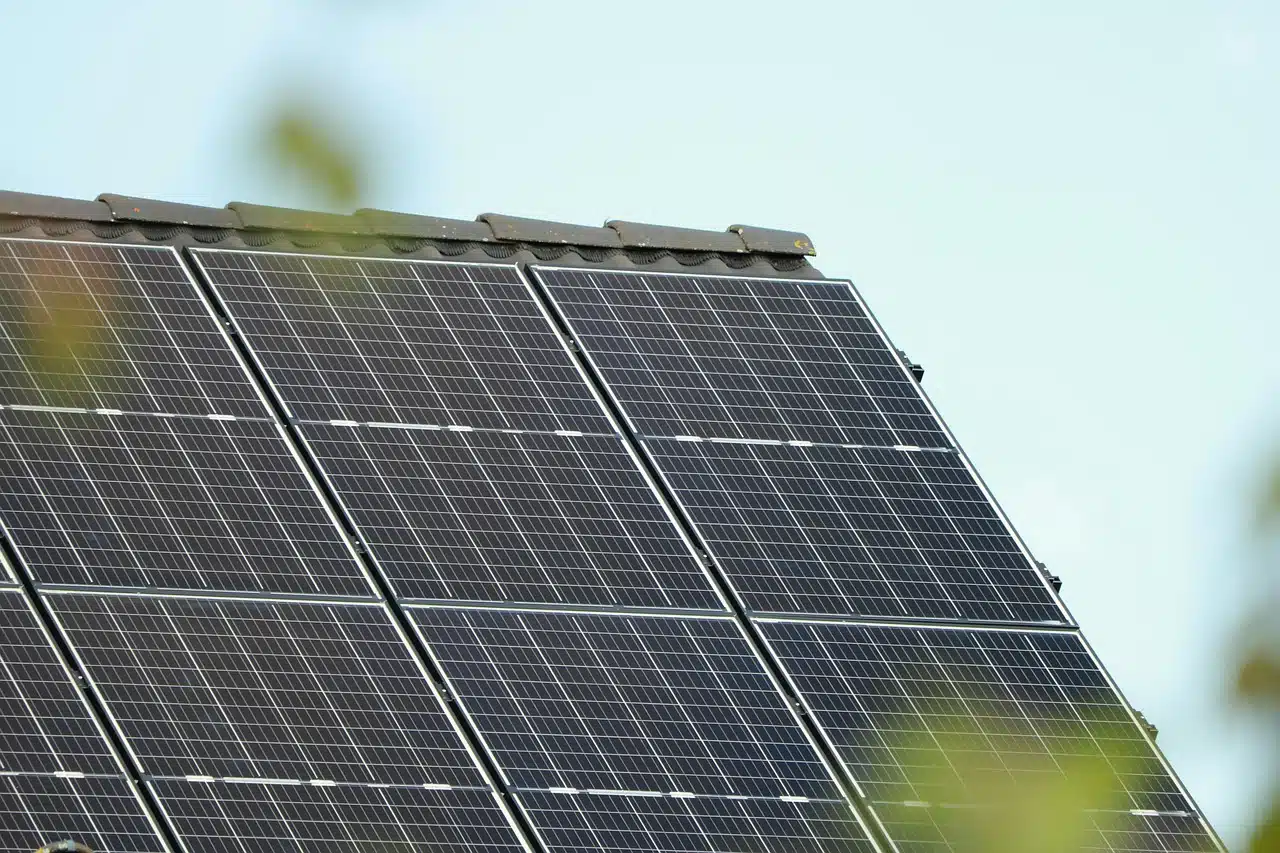The Nigerian government has allocated a whooping sum of N199 billion in electricity subsidies for December 2024.
This was disclosed in a report published on the website of the Nigerian Electricity Regulatory Commission (NERC) in view of its December 2024 Multi-Year Tariff Order (MYTO) report.
According to the newly released report, electricity subsidies increased by 2.76% this month to N199.64 billion, up from N194.26 billion in November.
The report reveals that fixed tariffs for customers, increased exchange rate, high inflation rates are one of the factors responsible for the increment in subsidy allocation for this month.
Other reasons NERC provided are power generation adjustments, among others.
Meanwhile, the report shows that Band-A customers continued to pay N209 per kilowatt-hour (kWh), while tariffs for Bands B to E remained unchanged since 2022.
The government allocated N29.10 billion for customers under Abuja Electricity Distribution Company (DisCo) and N26.68 billion for those under Ikeja Electric, the report noted.
Gas-to-power pricing and tariff reviews
Despite economic challenges, NERC retained the benchmark price of gas-to-power at $2.42 per million metric British thermal unit (MMBTU).
The report also highlights that electricity tariffs are reviewed monthly, with adjustments based on key economic indicators such as inflation, exchange rates, and gas-to-power prices.
According to NERC, these periodic reviews “help balance market realities with the government’s commitment to consumer affordability.”
Moreover, while government subsidies remain essential for alleviating financial burdens on Nigerians, rising inflation and surging exchange rates have significantly increased subsidy costs.
This has strained government finances and raised concerns about the sustainability of the subsidy model.

